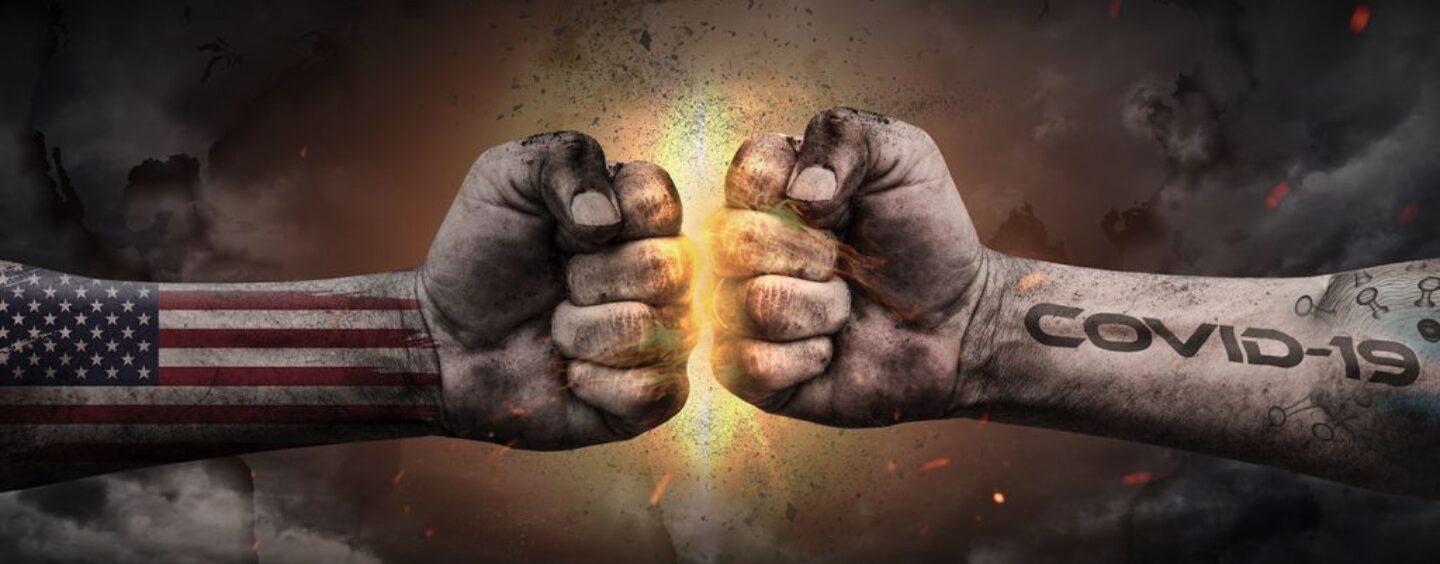Dr. Ashley Robertson Preston, an assistant professor of history at Howard University and author of the acclaimed book “Mary McLeod Bethune the Pan-Africanist,” has detected a palpable shift in national sentiment.
In the wake of a recent survey revealing startling apprehensions among American voters regarding the possibility of a second civil war, experts in history and political science offer sobering insights into the nation’s current trajectory. Dr. Ashley Robertson Preston, an assistant professor of history at Howard University and author of the acclaimed book “Mary McLeod Bethune the Pan-Africanist,” has detected a palpable shift in national sentiment.
When taking the pulse of America, Dr. Preston can’t help but to conclude that all hell is about to break loose. She emphasized the eerie parallels between contemporary tensions and the lead-up to the Civil War. “The tension that this nation is currently experiencing is very similar to what happened shortly before the Civil War,” Dr. Preston asserted. “As much as I want to say it can never happen again, history says something else. We will all just have to remain vigilant. History matters more than ever now.”
Michael Kazin, a renowned expert on American politics and social movements and a professor in the Department of History at Georgetown University, echoes Dr. Preston’s sentiments. While acknowledging the prevalence of civil conflicts over issues such as the Gaza conflict, the prosecution of Donald Trump, and contentious debates over abortion, Kazin refrains from predicting an imminent civil war.
“We are embroiled in various kinds of civil conflict now…I think we are a long way from that,” Kazin observed, highlighting the distinction between current societal divisions and the magnitude of a full-fledged civil war. “A civil war would be quite different. It would involve widespread armed confrontations, probably involving some elements of the U.S. military,” he added. “As long as elections, the courts, and Congress operate fairly normally, there can be no civil war.”
These expert assessments follow a Rasmussen Reports poll revealing that 41 percent of U.S. voters harbor concerns about the likelihood of a civil conflict erupting within the next five years. The Rasmussen Reports poll shows that 41 percent of respondents foresee a civil conflict, compared to 49 percent believing it is not likely and 10 percent unsure. The alarming figure translates to approximately 106 million American adults anticipating a potential civil war scenario.
The survey findings coincide with escalating tensions on college campuses, where clashes between pro-Palestine protestors, law enforcement, conservative groups, and certain Jewish students have become increasingly common. Additionally, the popularity of the dystopian political action film “Civil War” by Alex Garland has fueled speculation about America’s susceptibility to violent upheaval.
Rasmussen analysts have emphasized the looming specter of civil war, particularly amidst the divisive political landscape of an upcoming election year, which pits President Joe Biden against his predecessor Donald Trump. The historical parallels drawn to the devastating conflict of 1861–1865, where eleven southern states seceded from the Union over the issue of slavery, further exacerbate concerns among voters.
“The possibility that America could face another civil war soon is not too far-fetched for a lot of voters,” remarked the pollsters regarding their findings, noting a significant correlation between demographic groups and their levels of apprehension. Specifically, women, younger adults, and non-white Americans exhibited higher levels of concern regarding the potential outbreak of conflict. Furthermore, political affiliations played a notable role, with Republican voters expressing greater certainty in the likelihood of civil war compared to their Democratic counterparts.
The survey also probed respondents’ perceptions regarding the influence of the presidential election outcome on the probability of a civil conflict. Results indicated that 37 percent believed a Biden victory would increase the likelihood of war, while 25 percent held the same view in the event of a Trump triumph. A significant portion, comprising 30 percent of respondents, asserted that the election outcome would bear little influence on the likelihood of conflict, while 8 percent remained uncertain.
With the polarization and unrest plaguing the nation, protests on college campuses have served as flashpoints for ideological clashes between conservatives and liberals. Recent demonstrations opposing Israel’s actions in Gaza have elicited strong reactions, with conservative politicians denouncing protestors as radicals, Marxists, and anti-Semitic. These tensions underscore a widening fault line within American society.
Meanwhile, secessionist movements, particularly prominent in states like Texas, California, and Alaska, perceive the current climate as a harbinger of the chaos depicted in the film “Civil War.” The movie portrays a fractured United States plunged into armed conflict, with factions vying for control amid governmental collapse and authoritarianism.
Written by Stacy M. Brown




No Comments so far
Jump into a conversationNo Comments Yet!
You can be the one to start a conversation.Only registered users can comment.